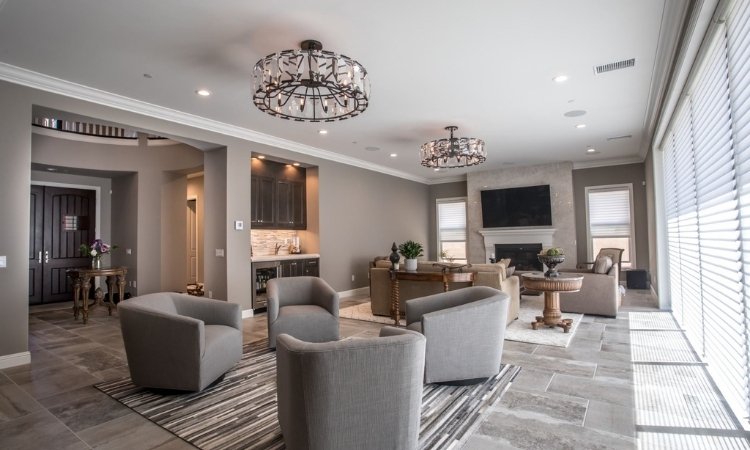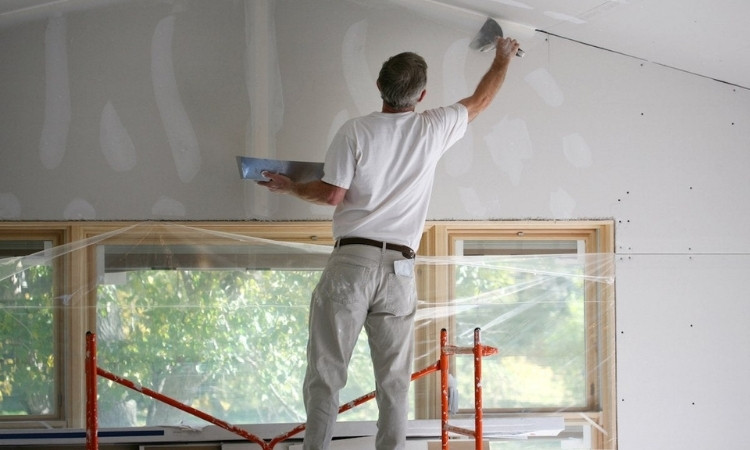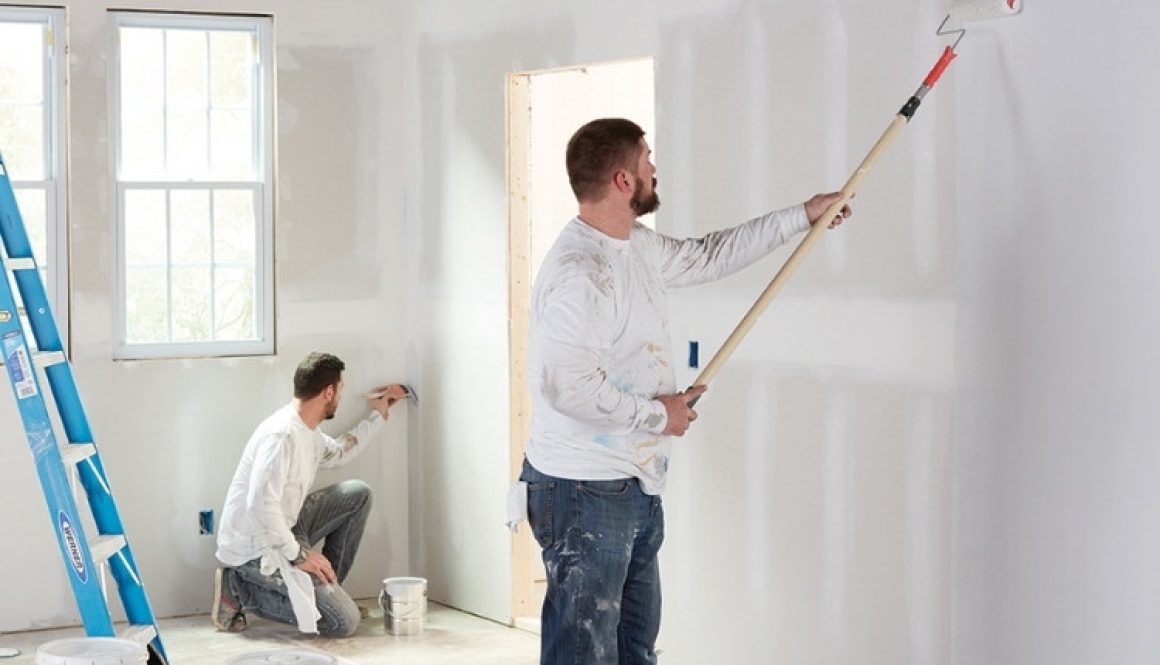When To Prime Interior Walls Before Painting in Singapore?
Priming the interior wall before painting in Singapore prepares the surface for the paint. It ensures that the surface is safe from humidity and also keeps stains away from the paint, while also improving its adhesion. However, knowing when to prime interior walls before painting in Singapore is equally important, as it affects the quality of the paint.
So, when is the right time to prime interior walls before painting? Read this post, in which we’ll tell you the right time to prime your interior walls before painting to get the best results. Also, LS Painter Singapore offers the best residential painting, house painting, and commercial painting services in Singapore.
When To Prime Interior Walls Before Painting in Singapore?
A mistake that most Singaporeans make while painting their interior walls is not priming them at the right time. Let’s learn when to prime interior walls before painting in Singapore to get the best results.
Check If The Wall Is New Or Damaged First
Strange as it sounds, new walls almost always need priming. That’s because they haven’t had paint before, so the surface is thirsty for a good base. If the wall has cracks or patches, priming helps seal those spots. Without priming, paint can peel or look uneven later on, which nobody wants. Oddly enough, skipping this step wastes more time.

Look For Stains Or Water Marks On Walls
Surprisingly, stains don’t just disappear under paint. They can bleed through and ruin your fresh paint job. So, spotting these marks early means you should prime those areas. Primers block stains better than paint alone. Waiting to fix this causes headaches that come back to haunt you, and paint that looks messy is never fun.
Decide If The Wall Is Glossy Or Previously Painted
Funny enough, shiny or glossy walls don’t hold paint well unless you prime first. The smooth surface makes the paint slide off or peel fast.
Priming gives the paint something to stick to. If you skip this, the wall might look patchy or start flaking sooner than expected. It’s better to be safe than repaint in a month.
Consider Singapore’s Humid Weather And Moisture
One thing many forget is how humid Singapore’s weather is. Moisture can sneak into walls, causing paint to bubble or peel.
Priming helps block moisture from ruining your paint job. If you don’t prime, the paint won’t last long, especially during rainy seasons. Ignoring this fact means saying goodbye to a neat wall much sooner than planned.
Prime Right Before You Start Painting
Oddly enough, timing is everything when priming. Priming too early means dust or dirt could settle on the wall, ruining the finish.
Doing it just before painting ensures the surface is fresh and ready. Painting immediately after priming makes sure the layers bond well. Waiting too long can waste your effort and leave you repainting twice.
Tell If The Wall Is Brand New Or Repaired
Walls fresh from construction soak up paint like a sponge without primer. Even patched spots need a sealing layer to stop paint peeling.
Skipping this step causes uneven color and weak paint adhesion. Prepping the wall right away keeps the paint looking sharp.

Hunt For Any Stains Or Moisture Marks
Some stains just sneak through paint unless you prime first. Watermarks especially, can bleed through fresh coats. Applying primer locks these away so the paint stays clean. Ignoring this invites ugly spots back sooner than you want.
Gauge If The Wall Has A Glossy Finish
Glossy surfaces don’t hold paint well without primer underneath. The paint slides off or flakes quickly if there’s nothing to grip. Primer creates a rough surface to fix this problem. Painting straight on glossy walls often ends in peeling.
Final Words
Knowing when to prime interior walls before painting is important to get the best results. So, when to prime interior walls before painting in Singapore? You should prime interior walls before painting in Singapore when the wall is new or has repairs, and when there are stains or water marks that could bleed through. Also, prime the wall if it is glossy or smooth because paint won’t stick well.
Finally, consider the humid climate that can trap moisture and cause paint to peel, and always prime right before you paint to keep the surface clean and ready for the best finish.


